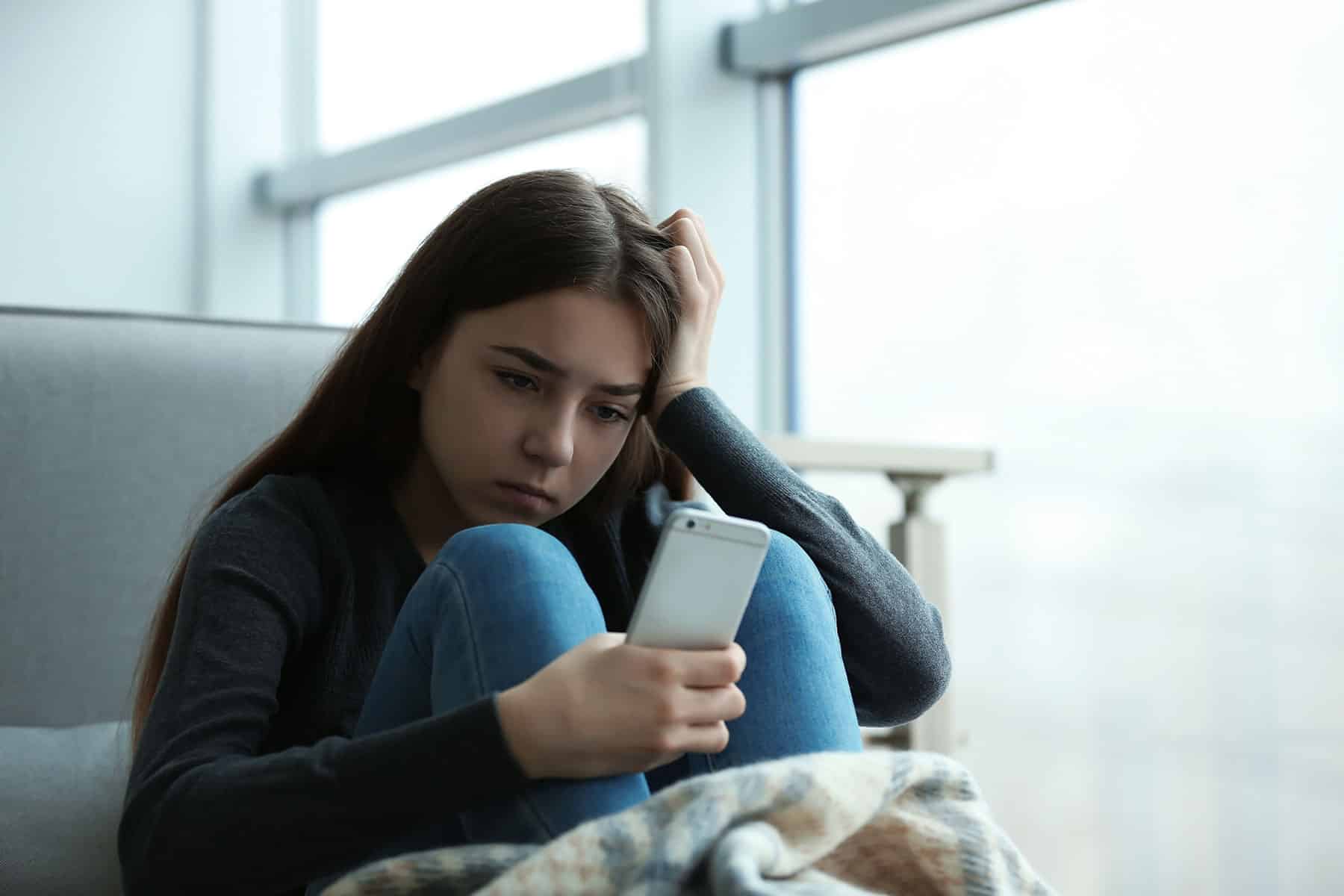Introduction to Social Media Anxiety
Social media has become an integral part of teenage life. For many, it’s a way to connect with friends, share experiences, and explore interests. Yet beneath the surface of likes and shares lies a growing concern: social media anxiety. This phenomenon is impacting teen mental health in ways we’re only beginning to understand.
As teens scroll through curated feeds filled with idealized images and filtered moments, they often find themselves grappling with feelings of inadequacy and pressure. The digital world can be both exhilarating and overwhelming, leading to heightened anxiety levels that are difficult to navigate.
In this blog post, we’ll delve into the intricate relationship between social media usage and its effects on mental health among teenagers. By examining statistics, exploring underlying causes, and discussing coping strategies for both teens and parents alike, we aim to shed light on this pressing issue that affects countless young people today. Let’s uncover how we can support our youth in achieving a healthier balance amidst their online lives.
Statistics on Teen Mental Health and Social Media Usage
Recent studies reveal alarming statistics about teen mental health and social media use. Approximately 90% of teens engage with social media platforms daily. This constant connectivity can lead to heightened feelings of anxiety.
Research indicates that nearly one in three adolescents report experiencing symptoms of anxiety. The correlation between increased screen time and mental health issues is hard to ignore. Teens who spend more than three hours a day on social networks are at a greater risk for depression and loneliness.
A survey found that 60% of teenagers feel pressured to maintain an idealized online persona, which often fuels anxiety levels. Likes, shares, and comments become measures of self-worth rather than simple interactions.
With the rise in digital communication, understanding these patterns becomes essential for parents and educators alike. Recognizing how deeply intertwined mental health is with social media usage opens the door to healthier discussions around technology’s role in young lives.
The Negative Effects of Social Media on Teenagers
Social media can have a powerful grip on teenagers, often leading to significant negative effects. One primary concern is the rise in body image issues. Constant exposure to curated images can distort self-perception and foster unhealthy comparisons.
Cyberbullying is another alarming consequence. Teens may face harsh criticism or online harassment, intensifying feelings of isolation and anxiety. The anonymity of the internet emboldens bullies, making it difficult for victims to escape their torment.
Additionally, social media usage can disrupt sleep patterns. Late-night scrolling often interrupts vital rest time, resulting in fatigue and decreased focus during the day.
Excessive screen time may lead to diminished real-life interactions. As teens invest more energy online, they might neglect face-to-face relationships that are crucial for emotional support and connection with peers. This shift can exacerbate feelings of loneliness rather than alleviate them.
Causes of Social Media Anxiety in Teens
Social media anxiety in teens stems from various sources. A significant factor is the pressure to present a perfect image online. Many young users curate their profiles, striving for validation through likes and comments.
Comparisons play a huge role as well. Teens often compare themselves with peers or influencers, leading to feelings of inadequacy and low self-esteem. This constant exposure can create unrealistic standards that are hard to meet.
Additionally, fear of missing out (FOMO) contributes significantly to anxiety levels. The need to stay connected and updated can become overwhelming, resulting in stress when they perceive others having more exciting experiences.
Cyberbullying also adds another layer of complexity. Harassment or negative comments can take a toll on mental health, leaving lasting scars on vulnerable individuals. These causes intertwine, creating an environment ripe for social media anxiety among teenagers today.
Coping Strategies for Teens and Parents
Finding the right coping strategies is essential for teens grappling with social media anxiety. It all starts with open communication. Parents should create a safe space where their teens feel comfortable discussing their feelings about online interactions.
Encouraging mindfulness practices can also be beneficial. Simple techniques like deep breathing or journaling help manage stress and promote mental health awareness.
Setting healthy boundaries around social media use is crucial too. Designating specific times for checking apps can reduce impulsive scrolling, allowing teens to engage in offline activities that bring joy and relaxation.
Parents can model balanced behavior by demonstrating how they handle their own social media usage. This sets an example of moderation and helps establish trust between them and their children.
Seeking professional support when needed is vital. Therapy or counseling can provide tailored strategies for navigating these challenges effectively.
Balancing Social Media Use and Mental Health
Finding a healthy balance between social media use and mental health is crucial. Teens often feel pressured to stay connected, yet excessive scrolling can lead to increased anxiety.
Setting boundaries is essential. Establish specific times for checking apps or limit usage during certain hours, especially before bed. This helps create space for other activities that promote well-being.
Encouraging offline hobbies is another effective strategy. Engaging in sports, reading, or spending time with family and friends can provide a refreshing break from screens.
Promoting mindfulness while using social media also makes a difference. Being aware of feelings when browsing can help identify triggers and reduce negative emotions associated with online interactions.
Open conversations about social media experiences are vital too. Discussing feelings related to online content fosters understanding and support among peers and parents alike.
The Importance of Addressing Social Media Anxiety in Teens
Addressing social media anxiety in teens is crucial for their overall mental health. As they navigate a world heavily influenced by digital interactions, understanding the effects of social media becomes vital. Teens should feel empowered to discuss their feelings and experiences related to online platforms.
Parents, educators, and mental health professionals can play significant roles in supporting them. Open conversations about social media can foster resilience against negative impacts while encouraging healthy habits.
Creating safe spaces where teenagers can express themselves without judgment enables them to confront their anxieties head-on. Encouraging breaks from screens and promoting offline activities also helps balance the overwhelming nature of constant connectivity.
Awareness is key. By recognizing signs of anxiety tied to social media use, adults can intervene when necessary and provide guidance on maintaining emotional well-being amid digital pressures.
Prioritizing mental health through understanding and open dialogue creates healthier relationships with technology for today’s youth, equipping them with skills they need to thrive in both online and offline environments.














